Hidden Brain
Hidden Brain helps curious people understand the world – and themselves. Using science and storytelling, Hidden Brain reveals the unconscious patterns that drive human behavior, and the biases that shape our choices.
Sponsored
Episodes
-
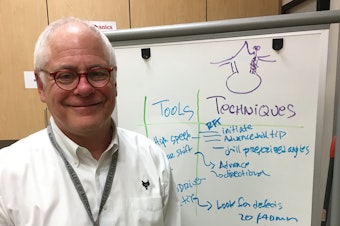
When Things Click: The Power Of Judgment-Free Learning
There can be a lot of psychological noise involved in teaching. But what it we replaced all that mental clutter...with a click? This week, we bring you a 2018 episode exploring an innovative idea about how we learn. It will take us from a dolphin exhibit in Hawaii to a top teaching hospital in New York. It's about a method to quiet the noise that can turn learning into a minefield of misery.
-
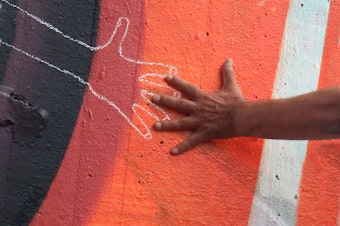
Secret Friends: Tapping Into The Power Of Imagination
Where is the line between what is real and what is imaginary? It seems like an easy question to answer: if you can see it, hear it, or touch it, then it's real, right? But what if this way of thinking is limiting one of the greatest gifts of the mind? This week, we meet people who experience the invisible as real, and learn how they hone their imaginations to see the world with new eyes.
-
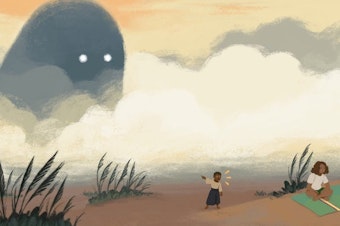
The Cassandra Curse: Why We Heed Some Warnings, And Ignore Others
After a disaster happens, we want to know whether something could have been done to avoid it. Did anyone see this coming? Many times, the answer is yes. So why didn't the warnings lead to action? This week, we revisit a favorite 2018 episode about the psychology of warnings. We visit a smelly Alaskan tunnel, hear about a gory (and fictional) murder plot, and even listen to some ABBA.
-
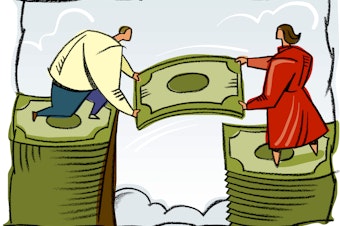
Emotional Currency: How Money Shapes Human Relationships
What's the point of money? The answer might seem obvious: we need it to get paid for our work, and to buy the things we need. But there's also a deeper way to look at the role of money in our lives. This week we explore an anthropologist's take on the origin story of money. What if the cash and coins we carry are not just tools for transactions, but manifestations of human relationships?
-
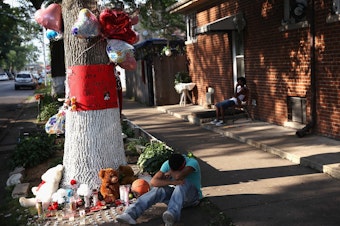
On The Knife's Edge: Using Therapy To Address Violence Among Teens
What would drive someone to take another person's life? When researchers at the University of Chicago asked that question, the answer was a laundry list of slights: a stolen jacket, or a carelessly lobbed insult. It made them wonder whether crime rates could be driven down by teaching young men to pause, take a deep breath, and think before they act. In this 2017 episode, we go inside a program that teaches Chicago teens to do just that. We also explore what research has found about whether this approach actually works.
-
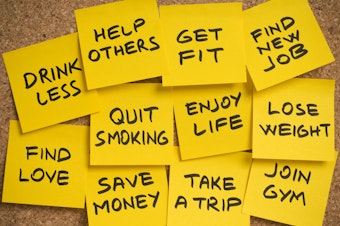
Creatures Of Habit: How Habits Shape Who We Are — And Who We Become
At the beginning of the year, many of us make resolutions for the months to come. We resolve to work out more, procrastinate less, or save more money. Though some people stick with these aspirations, many of us fall short. This week, psychologist Wendy Wood shares what researchers have found about how to build good habits — and break bad ones.
-
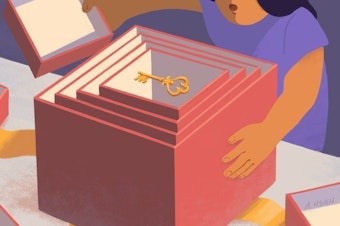
Spoiler Alert! The Psychology Of Surprise Endings
Why do we fall for surprise endings? It turns out that our capacity to be easily fooled in books and movies is made possible by a handful of predictable mental shortcuts. In this 2018 conversation, we talked with Vera Tobin, one of the world's first cognitive scientists to study plot twists. She says storytellers have been exploiting narrative twists and turns for millennia — and that studying these sleights of hand can give us a better understanding of the contours of the mind.
-
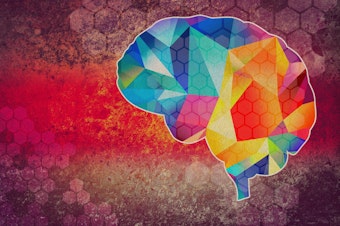
Did That Really Happen? How Our Memories Betray Us
Our memories are easily contaminated. We can be made to believe we rode in a hot air balloon or spilled punch on people at a wedding—even if those things never happened. So how do we know which of our memories are most accurate? This week, psychologist Ayanna Thomas explains how memory works, how it fails, and ways to make it better.
-
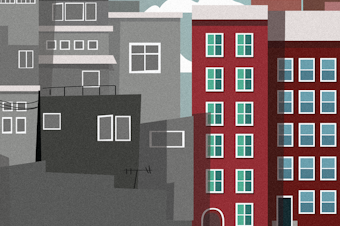
Zipcode Destiny: The Persistent Power Of Place And Education
There's a core belief embedded in the story of the United States — the American Dream. Today we look at the state of that dream as we revisit our 2018 conversation with economist Raj Chetty. We'll ask some questions that carry big implications: can you put an economic value on a great kindergarten teacher? How is it that two children living just a few blocks from each other can have radically different chances in life? And what gives Salt Lake City an edge over Cleveland when it comes to offering people better prospects than their parents?
-

In The Heat Of The Moment: How Intense Emotions Transform Us
In a fit of anger or in the grip of fear, many of us make decisions that we never would have anticipated. This week, we look at situations that make us strangers to ourselves — and why it's so difficult to remember what these "hot states" feel like once the moment is over.
-
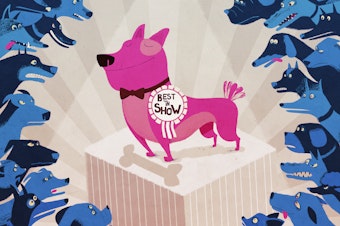
Feeding the Green-Eyed Monster: What Happens When Envy Turns Ugly
Envy is one of the most unpleasant of all human emotions. It also turns out to be one of the most difficult for researchers to study. And yet, there's mounting evidence that envy is a powerful motivator. This week, we explore an emotion that can inspire us to become better people — or to commit unspeakable acts.
-
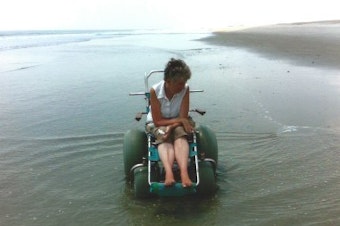
The Ventilator: Life, Death And The Choices We Make At The End
Many of us believe we know how we'd choose to die. We have a sense of how we'd respond to a diagnosis of an incurable illness. This week, we have the story of one family's decades-long conversation about dying. What they found is that the people we are when death is far in the distance may not be the people we become when death is near.